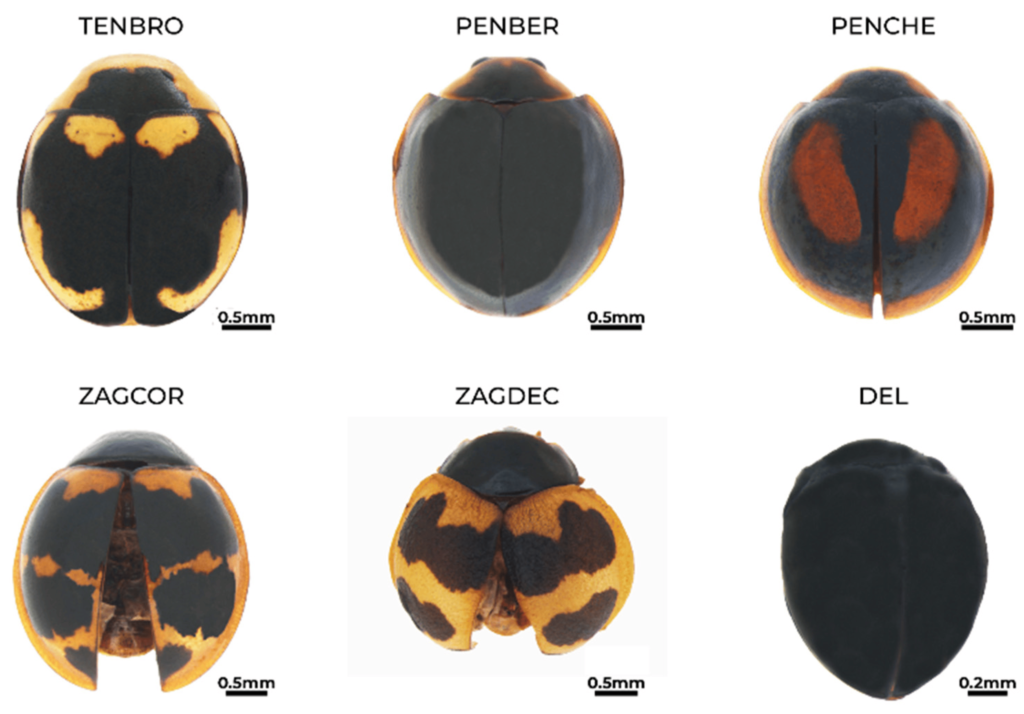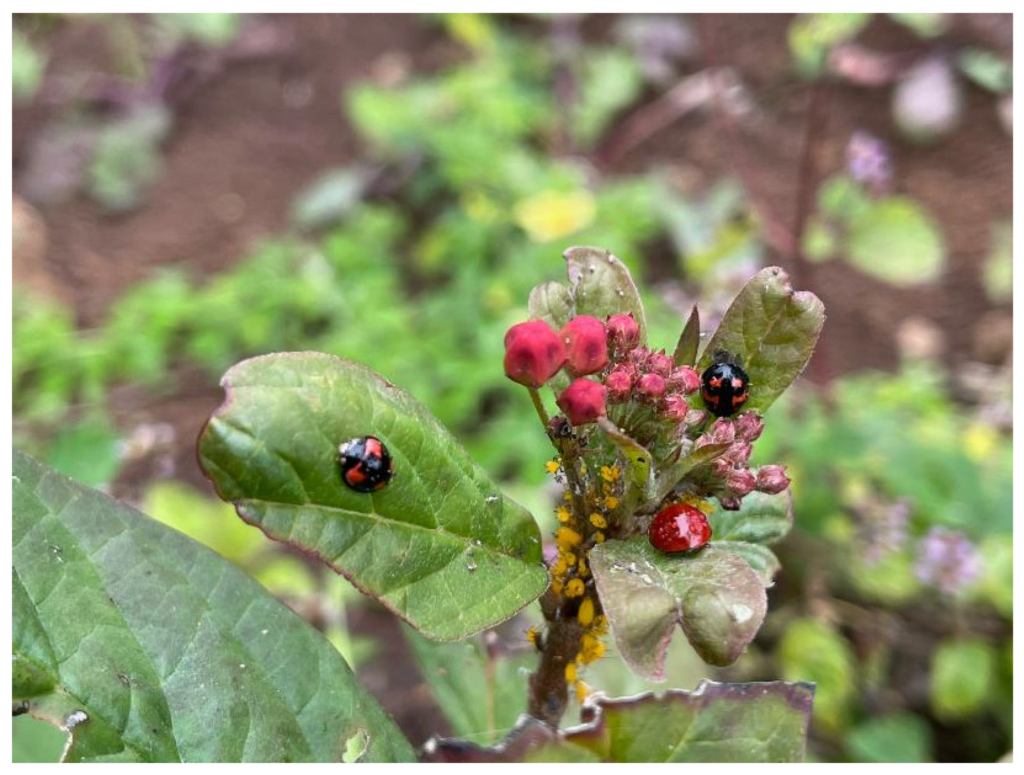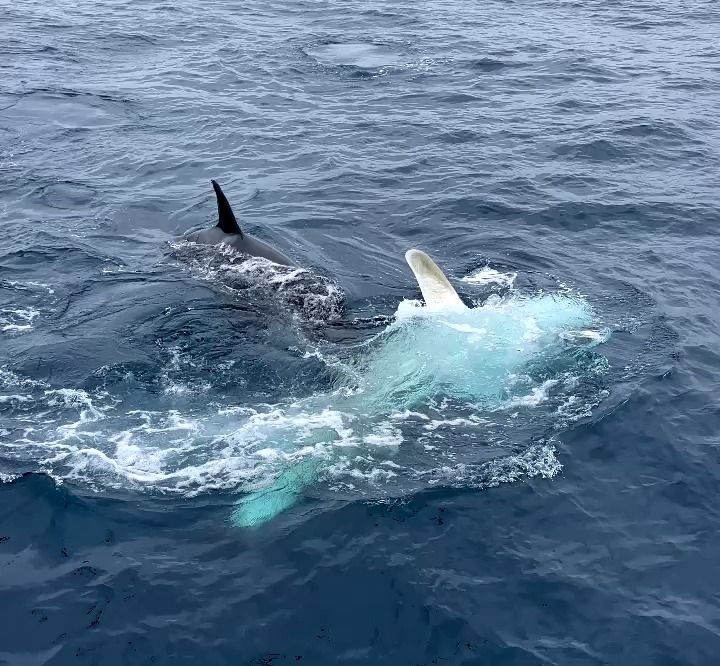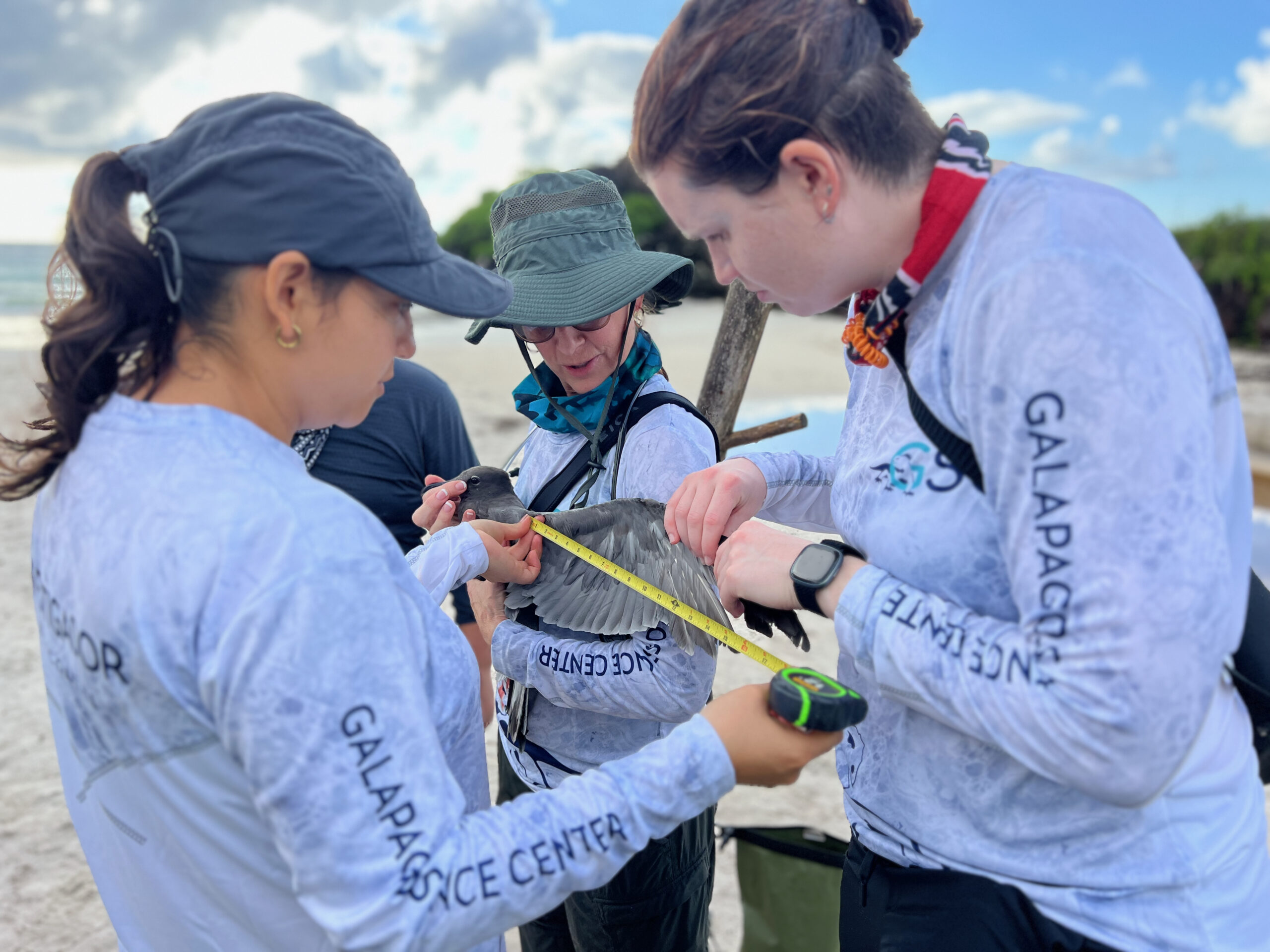Este estudio analiza la diversidad de mariquitas (Coccinellidae) en la Isla San Cristóbal del Archipiélago de Galápagos. Los investigadores registraron 19 especies, incluyendo cuatro previamente documentadas (dos endémicas y dos nativas) y nueve potencialmente nativas reportadas por primera vez. Las especies endémicas, como Psyllobora bisigma y Scymnobius scalesius, fueron raras y se encontraron únicamente en bosques nativos, mientras que las nativas, como Cycloneda sanguinea, mostraron adaptabilidad a hábitats urbanos y agrícolas.
Los hallazgos son preocupantes debido al aumento significativo en la presencia y abundancia de especies invasoras, como la mariquita Zigzag del Asia y la mariquita Pálida de puntos blancos. Estas especies, introducidas en las Galápagos, están ampliamente distribuidas en hábitats urbanos, agrícolas y naturales de San Cristóbal. Aunque se documentaron especies endémicas y nativas, su baja abundancia y aparente disminución indican que están siendo desplazadas por las invasoras.

Este estudio resalta la urgencia de realizar esfuerzos de conservación y monitoreo continuo para proteger la biodiversidad única de las Galápagos. La creciente dominancia de especies invasoras evidencia la necesidad de gestionar ecológicamente y proteger los hábitats de estos frágiles ecosistemas.
Lee el artículo completo en el siguiente link






